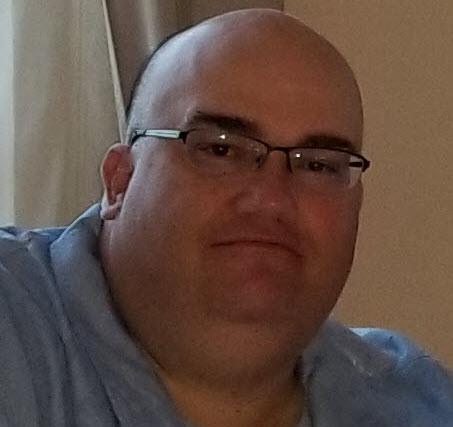
Question: How did you come to the field of technical writing? What made you interested in the profession?
Answer: I have always been interested in writing. I did a lot of creative writing when I was younger. I also wrote games as a teenager, which got me interested in programming.
When I attended BCIT’s Computer Systems Technology program, I did all of the documentation for our group projects. I didn’t even know about technical writing at the time.
After a few years of database programming, I came into my first position as a technical writer through a friend from BCIT. Although I had no experience as a technical writer at this time, I did have some school portfolio pieces that I was able to show.
Question: What were some challenges you faced entering the field of technical writing as a second career?
Answer: I had very little transition. Obtaining precise technical language was challenging. Online help is primarily instruction-based – short, concise sentences that let users know exactly what they need to know. It’s very different from creative writing. I also had to learn the tools on the job. It was a sink or swim situation.
Question: How did you acquire the skills needed to be a technical writer?
Answer: The SFU Technical Writing program gave me the fundamental skills in technical writing, in addition to a lot of learning in my off hours. I learnt tools such as FrameMaker, Adobe, and Advanced Word, and skills such as project management and estimation. Attending STC meetings and networking with other tech writers really helped as well.
Question: What do you find to be the most exciting and/or challenging part of technical writing?
Answer: I love taking on a new project, especially when there is a tight deadline (as long as it is realistic!). Sometimes, technical writing can be crazy as you’re conforming to a schedule around developers.
It is satisfying to be able to take a product, learn how it works, and put documentation together to support that from scratch. I love to learn as much as I can about anything I am writing about, and that has taken me to learning the “ins and outs” of some really interesting products. I also love being able to talk about a product as a user myself, and being able to understand the challenges of a product.
Question: What is one of the most interesting projects you have worked on?
Answer: I worked at a company that made restaurant POS Terminal software, and they were introducing a new project using handheld tablets. It was new, innovative, and it was my first direct contact with tablets in a work environment. My manager wanted documentation that mirrored the style of what Apple produces – simple, user-friendly, alongside the effective use of plain language. It was a completely new direction for me.
Question: What advice would you give to someone interested in technical writing as a second career choice?
Answer: Take some time to learn the most popular tools to use – RoboHelp, Madcap Flare, and FrameMaker. Avail yourself of groups like the STC and Writer’s User Assistance and interact with other writers. Keep up with new technologies and tools in our field. Even if you are not that technical, try to get a hands-on experience with whatever you are writing about.
